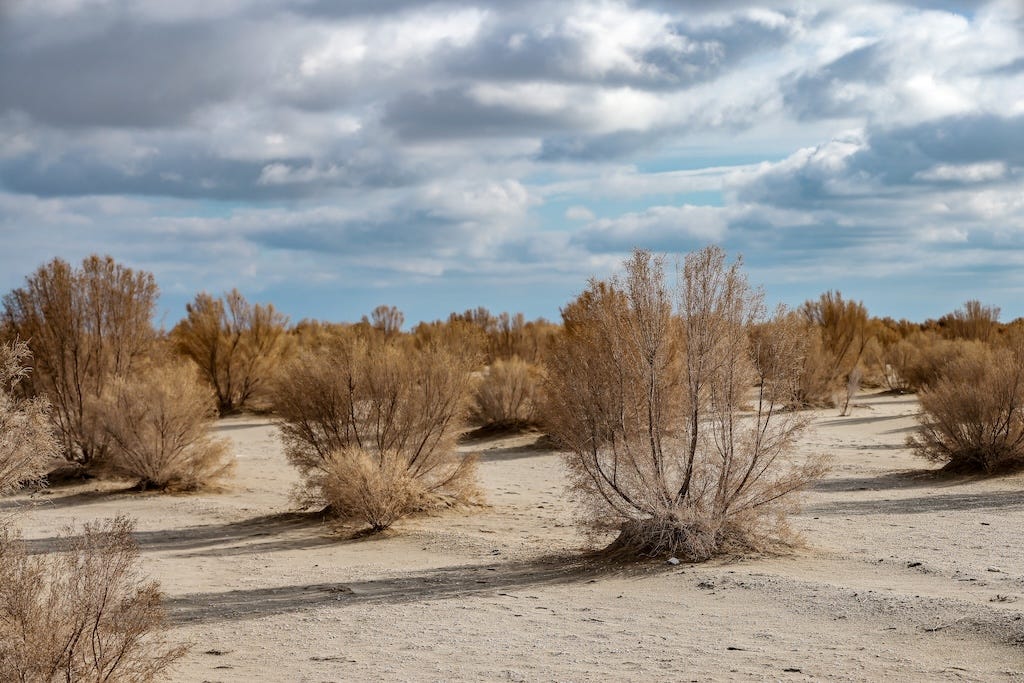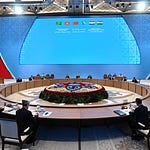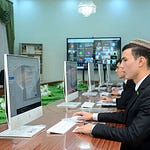
This week’s episode opens with a conversation about an intensifying environmental threat in Central Asia: sand and dust storms. A major storm hit Tashkent last week, felling trees, halting flights, and triggering dangerous air pollution levels. The discussion explores long-term drivers of this trend, from climate change and Aral Sea degradation to unchecked urban construction. We examine how countries like Uzbekistan are responding with national greening strategies, and where political will may be falling short.
In a second segment, we turn to Uzbekistan’s push to become a tourism hotspot. A new presidential decree aims to attract 16 million foreign visitors by the end of 2025. The episode discusses how this is being pursued through visa liberalisation, promotion campaigns, and even new “tourist villages.” But questions remain about whether the growth model is too top-down, and whether domestic tourism can be part of the solution.
This week’s interview features Callum Voge, director of Governmental Affairs and Advocacy, and Amreesh Phokeer, Internet Measurement and Data Expert, both from the Internet Society. We discuss a new report that they produced in collaboration with CAPS Unlock on Kazakhstan’s digital infrastructure and internet vulnerabilities. Topics include the country’s high telecom concentration, reliance on Russian infrastructure, surveillance capabilities such as root certificate programs, and the promise (and risks) of new routing alternatives through the Caspian and China. The guests also assess what true resilience would look like, and why decentralisation matters for both privacy and economic growth.
Useful reading
UNCCD: Regional Strategy for Sand and Dust Storms in Central Asia https://www.unccd.int/sites/default/files/2022-10/Regional%20strategy_SDS_%D0%B0%D0%BD%D0%B3%D0%BB_print.pdf
Bringing life back to Central Asia's desertified Aral Sea (Deutsche Welle) https://www.dw.com/en/the-aral-sea-from-lake-to-desert-to-forest/a-70987224













Share this post